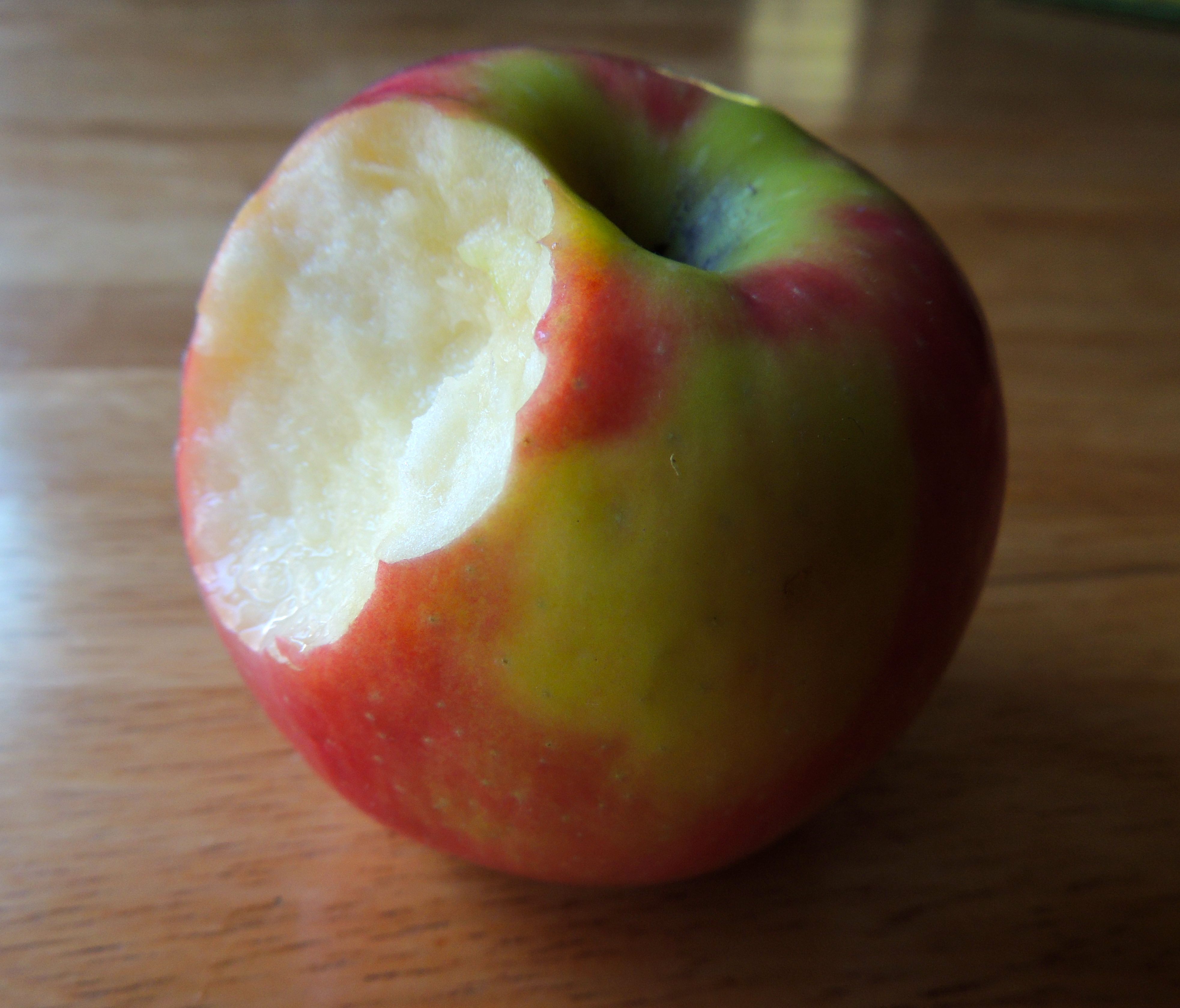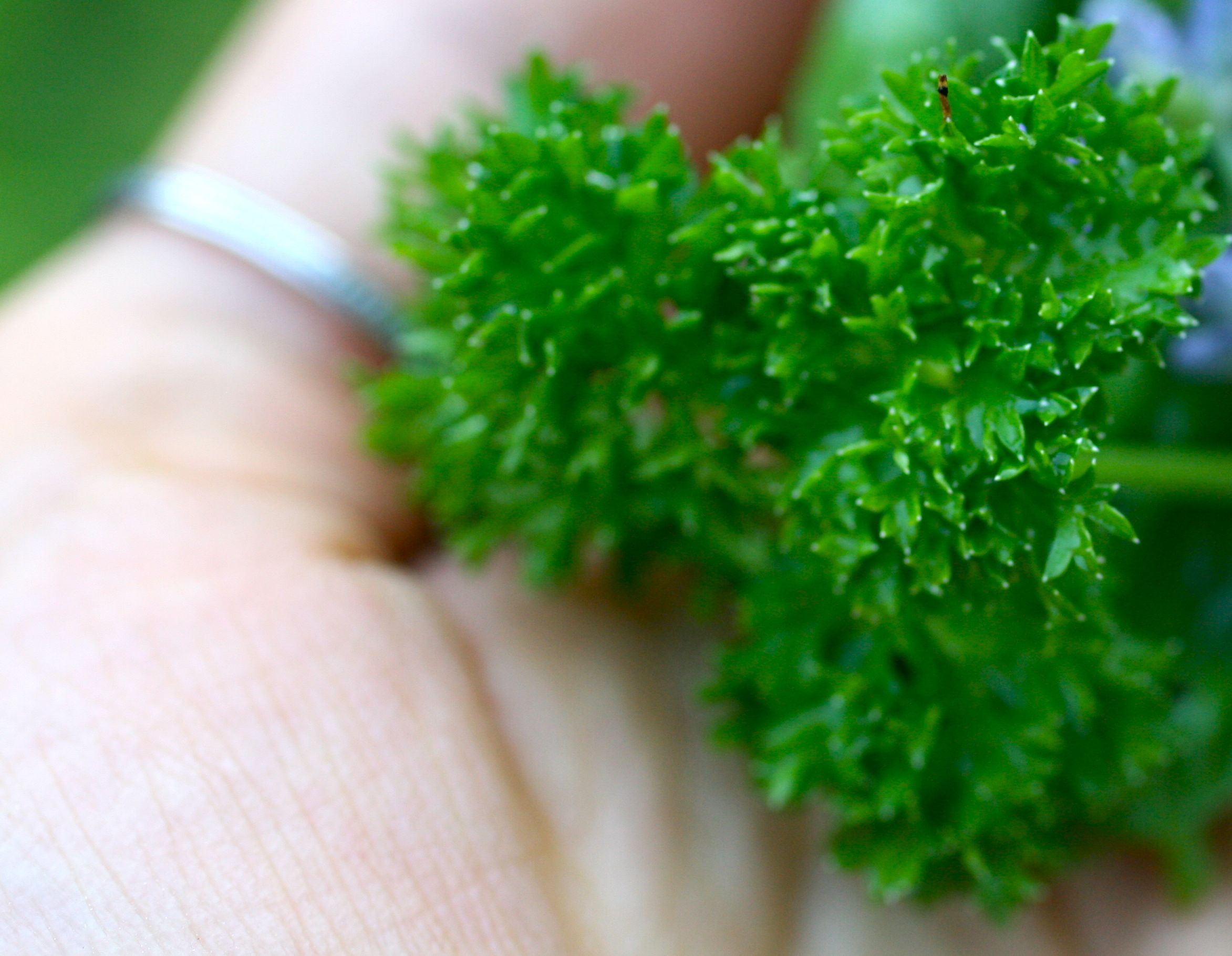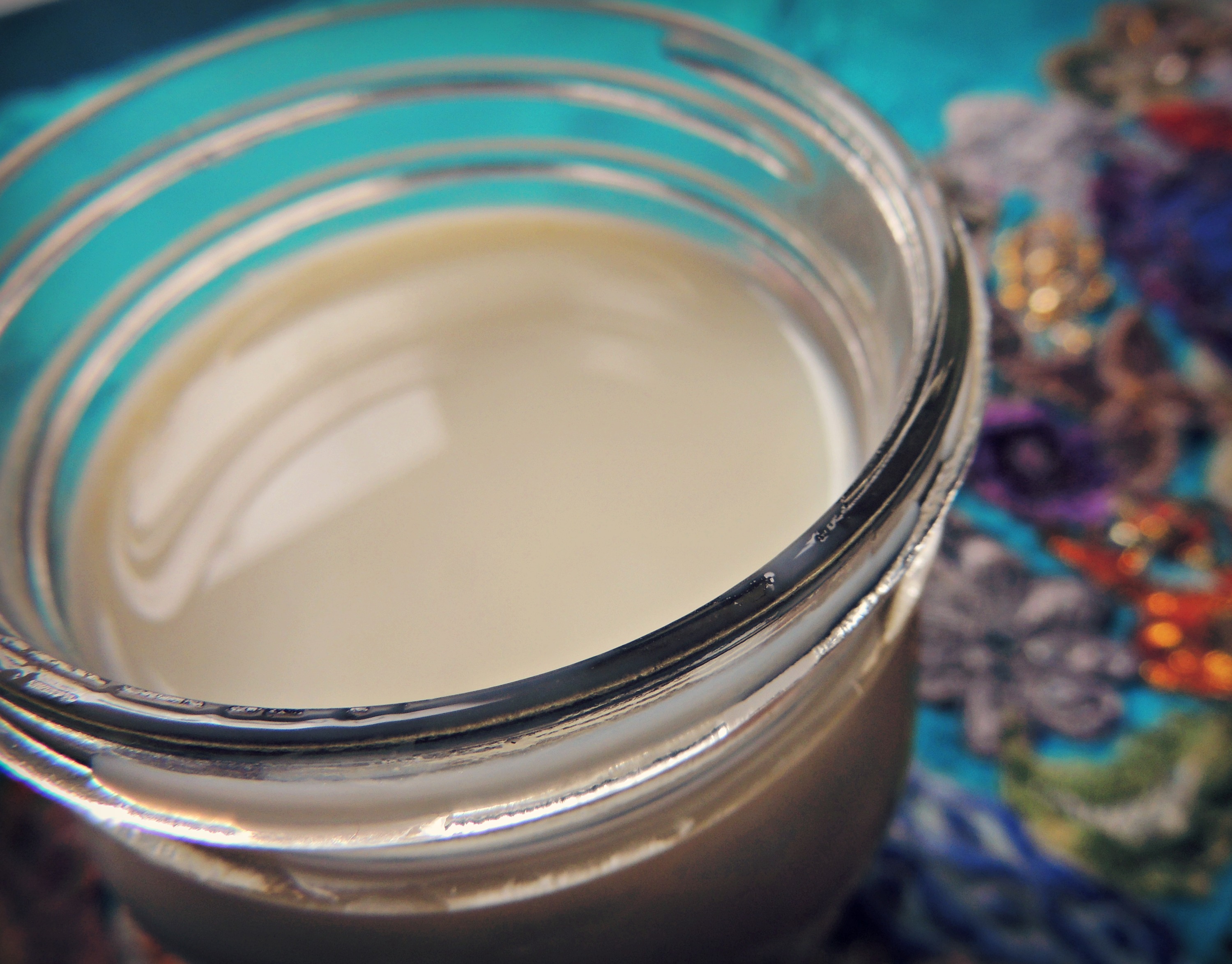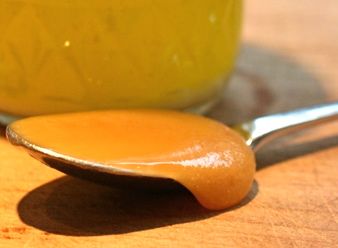A fancy sounding word that is all-too-fun to say, the term “enzyme” is often tossed about in discussions about nutrition, but rarely is it given a second thought. Maybe you remember a bit about these nifty little structures from fuzzy memories of 5th grade science class, or have heard that they are somehow related to raw foods and digestion. But what are enzymes exactly and how do they work?

What are enzymes?
Enzymes are activated proteins that facilitate reactions in living organisms. These specialized globular proteins act as catalysts, initiating some of the most fundamental biochemical reactions in the body. In other words, enzymes work to kick-start the very physiological processes that keep us alive and well. Adequate amounts are required for such vital actions as the production of energy, absorption of nutrients, regulation of hormones, healing of wounds and removal of toxins. Needless to say, enzymes are important- very important.
Enzymes were first noticed by biochemists in the 1930s. Today over 5,000 different enzymes have been discovered, each with a unique amino acid composition and shape that contributes to a set of distinct characteristics and functions. While it would take a head-noddingly-boring blog post to introduce you to each member of the enzyme family, most conveniently carry the suffix -ase in their name, which makes them quite easy to identify amidst complex scientific jargon. Furthermore, enzymes can be sorted into three major categories:
1. Metabolic Enzymes
Found within every cell, these enzymes are responsible for several million different biochemical reactions that occur in the body each second. They play a role in nearly every bodily function from breathing to behavior to maintaining immune system function.
2. Digestive Enzymes
As the name implies, these enzymes are essential to the chemical breakdown of the foods we eat into smaller particles that can then be absorbed and utilized by the body. Unlike those of the metabolic variety, these enzymes are extracellular, meaning found outside of the cells. They are largely produced in the pancreas and endocrine glands and secreted at varying points along the gastrointestinal tract. Although there are 22 digestive enzymes in total, the following digestive enzymes are most commonly discussed. Each has a specific function, as noted below:
Amylase: helps with carbohydrate digestion
Lipase: stimulates breakdown of fats
Cellulase: supports digestion of fibers
Lactase: breaks down the milk sugar (lactose) in dairy
Maltase: converts complex sugars from grains to glucose
Phytase: aids in digestion overall, supports production of B vitamins
Protease: responsible for the breakdown of proteins
Sucrase: accountable for the digestion of most sugars
3. Food Enzymes
Many foods, particularly raw foods, contain naturally occurring enzymes which initiate their breakdown once consumed. These enzymes are very important in lowering the burden on the body during digestion and in promoting the optimal absorption of nutrients. Because we can only produce so many digestive enzymes, adequate amounts of food enzymes are required in order for proper digestion to occur.
Why are they important?
While all types of enzymes are vital to the healthy functioning of your body, they are easily thrown out of balance. Some medical conditions cause overt enzyme insufficiencies that require immediate intervention, yet experts state that our potential to produce enzymes can also be decreased significantly by more commonplace struggles. Chronic stress, illness, malnutrition and the overuse of pharmaceutical drugs can all disrupt the internal synthesis of enzymes. Because many of the packaged and processed foods that people chomp on today have been harshly processed and subject to lengthy transport before making it to the grocery store, our diets are also generally lacking in fresh, living, enzyme-rich foods. Even slight enzymes deficiencies cause digestive strain and can contribute to a medley of uncomfortable GI symptoms including constipation, bloating, cramping and heartburn. What’s more, when there aren’t sufficient enzymes present to properly break down food and protect against pathogens, nutrients aren’t assimilated properly and opportunistic infections are more likely to invade. This disruption of the gut balance can lead to vitamin and mineral deficiencies as well as a compromised immune system, which amplifies existing issues and threatens overall health. We will guide you in combatting these deficiencies by teaching you how to increase and improve digestive enzymes naturally.
7 Natural Ways to Increase Digestive Enzymes
Eating a real food diet, managing stress, and incorporating healthy movement into your day are all important in maintaining enzyme balance. Here are some specific things that you can try to increase and improve digestive enzymes naturally.
Chew Thoroughly

Thats right! Digestion starts with the mechanical process of gnawing at food with your teeth. The saliva in your mouth also contains the enzymes to help speed up the process. Avoid chewing gum as in addition to the slew of yucky chemicals it contains, this motion stimulates the secretion of digestive enzymes unnecessarily, depleting your enzyme supplies.
Eat a Variety of Raw Foods

Although enzymes are relatively large structures, they are quite fragile and quickly destroyed upon exposure to heat and pH shifts. Enzymes are rendered ineffective at temperatures above 118° F. It is therefore important to consume some foods in their fresh, raw state. Foods with the highest natural enzyme content include: grapes, figs, avocados, dates and unrefined extra virgin olive oil, as well as tropical fruits such as bananas, kiwis, mangos and papaya. This philosophy isn't limited to fruits and veggies either. When handled carefully, oils, certain meats, and eggs can also be enjoyed raw.
Enjoy Raw Cultured Dairy

Raw dairy naturally contains a bounty of enzymes, which are further enriched by culturing. These enzymes are rapidly destroyed by the modern processes of pasteurization and homogenization however. Enjoy raw milk as well as homemade yogurt, kefir and creme fraiche. Many people who struggle with symptoms of lactose intolerance find that they are able to tolerate raw dairy with greater ease due to the rich enzyme content.
Soak, Sprout or Lacto-Ferment Nuts, Seeds, Grains & Legumes

Not all foods are best consumed raw. Troublesome food groups such as nuts, seeds, grains and legumes are actually very rich in enzymes, but also contain significant amounts of enzyme-inhibitors, or compounds that prevent enzymes from functioning optimally. For this reason, these foods are best enjoyed when properly prepared by soaking, sprouting, and lacto-fermenting, as was commonly practiced in traditional cultures. These simple processes effectively neutralize the enzyme inhibitors while leaving the other nutrients intact. These preparations can be easily done at home as detailed in the beloved cookbook Nourishing Traditions, or by purchasing products that have been already been reliably soaked and sprouted, such as Better Than Roasted Nuts and edible seeds for sale. Check out some of the recipes on our blog for some scrumptious soaked and sprouted treats!
Use Raw Manuka Honey

This soothing nectar is unique for its strong enzymatic properties. Unlike other raw honeys, Manuka Honey has long time been treasured as a healing remedy to boost energy, soothe indigestion and treat wounds. Many of its scientifically proven immune supporting and protective properties stem from its powerful enzyme content. Because less than 1% of this beautiful honey contains active enzymes, It is important to find a source like Wedderspoon Manuka Honey that is carefully handled and regularly tested for potency. Oh, and did I mention that a spoonful of this drippy golden sweetness is simply delicious?
Correct Magnesium Deficiency

Magnesium is a co-enzyme, meaning that it is necessary for the function of enzymes within the body. Due to depleted soils and nutrient deficient foods, it is difficult to get adequate magnesium in a modern diet. A high quality magnesium supplement is often recommended. Because magnesium has laxative effects in concentrated amounts, transdermal magnesium can be particularly helpful in replenishing cellular magnesium levels without creating unpleasant GI side effects.
Supplement with Digestive Enzymes

Supplemental enzymes are becoming more and more popular as awareness about the importance of gut health spreads. Such supplements are often hotly debated in the medical community, as there have been few clinical studies on the matter of proving their efficacy. While it is obviously best to get your enzymes naturally from raw foods, some clinicians recommend initial supplementation with digestive enzymes, especially when in the process of healing the gut. If this is something you decide is right for you, it is important to make sure that the enzymes you choose are whole-food based and free of binders, fillers and other excipients as these will simply cause further gastric irritation. We've featured our favorite enzymes here.
Learn More...
Enzyme Nutrition by Edward Howell, MD
Enzymes Special Report by Dr. Mercola
Enzyme Nutrition & Edward Howell, MD by Sally Fallon and Mary Enig PhD
